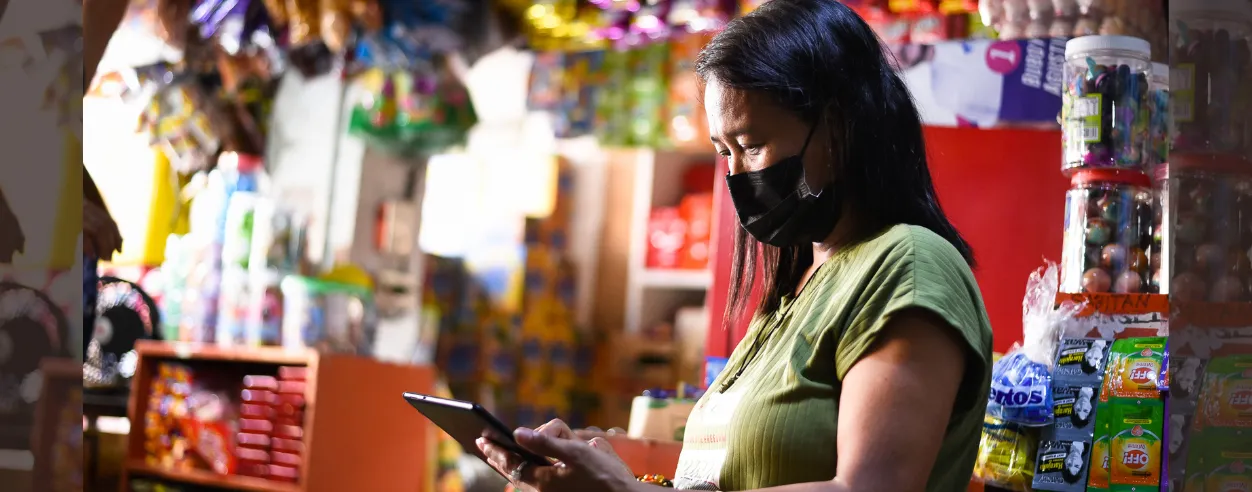Philippines – Sari-sari stores, which are small-scale mom-and-pop stores in the Philippines, have noted that its sales trends appear to be more closely linked to specific occasions, according to the recent Sari IQ year-end report by Packworks.
Findings of the report suggest that sari-sari store sales trends are not directly driven by inflation. This is evidenced by the fact that the data showing the month-on-month growth in gross merchandise value did not show a clear correlation with the country’s month-on-month inflation rate.
It also implies that it is more likely driven by occasions, as most of the peaks in the trend recorded align with major holidays and long breaks like the Christmas season and Holy Week.
During the Holy Week in April 2023, for instance, when the month-on-month inflation rate reached 6.6%, sari-sari stores exhibited resilience, achieving a month-on-month sales growth of 14.4%, significantly outpacing the inflation rate.
Interestingly, the report also recorded an increase in sales regardless of the occasion, as the stores remain the community’s go-to pantry. To note, products with the highest sales include instant noodles (159%), ready-to-heat (221%), recipe mix (117%), and ready-to-cook (42%).
Furthermore, sari-sari stores located outside of urban areas were observed to achieve the highest sales. Specifically, the regions with the highest sales figures are as follows: Region IV-A (Php 2.83 billion), Region II (Php 1.82 billion), and Region III (Php 1.58 billion). Surprisingly, traditional urban centres like the National Capital Region (NCR) and Cebu (Region VII) only rank 5th and 6th, respectively.
Commenting on the findings, Andoy Montiel, chief data officer at Packworks, said, “The Philippines’ unique sachet economy plays a pivotal role in the resilience of sari-sari stores amidst the challenges of an inflationary economy. It enables the sale of goods in small, affordable units, ensuring that essential products remain within reach for the average Filipino, even as inflation rates fluctuate.”
“The stores’ resilience, even amid inflationary pressures, lies in how they are embedded in the fabric of the community’s way of life, reflecting a symbiotic relationship between the stores and their customers. More importantly, it shows how stores display agility in their inventory and operations to cater to the heightened demands of these seasons, further reinforcing their role as indispensable components of community life,” Andoy further explained.








